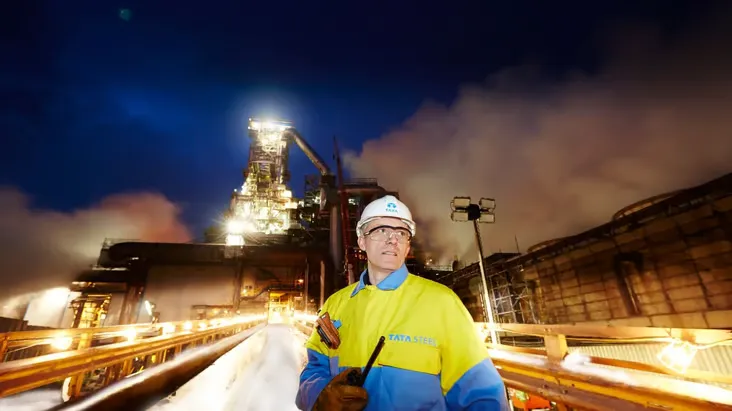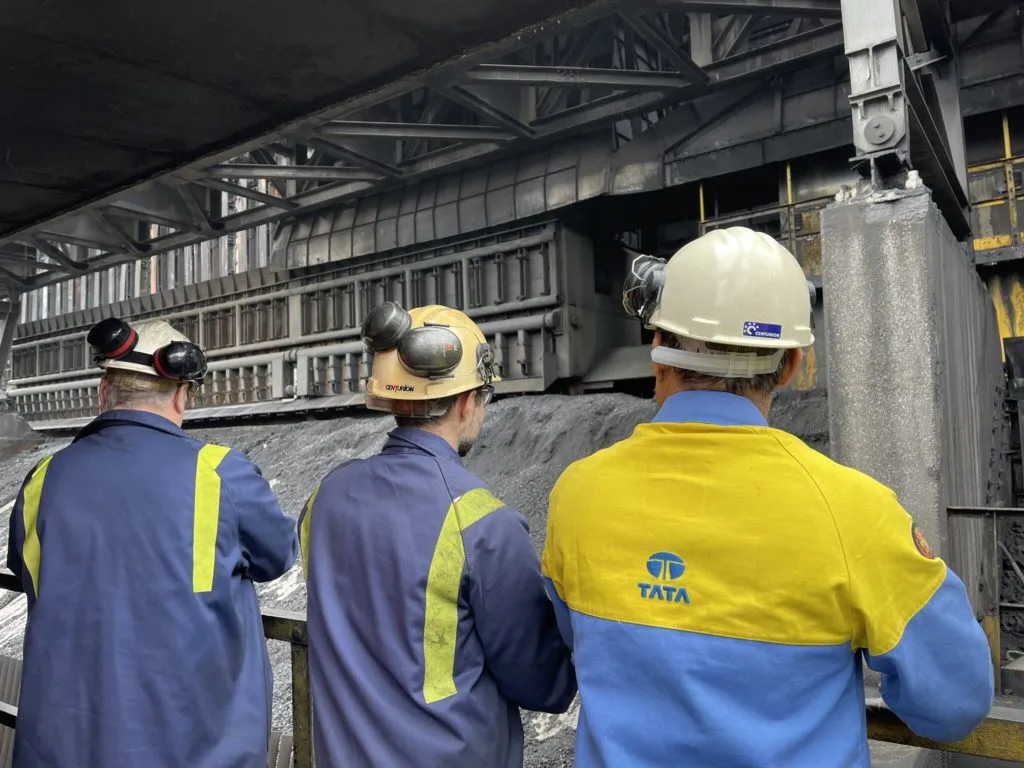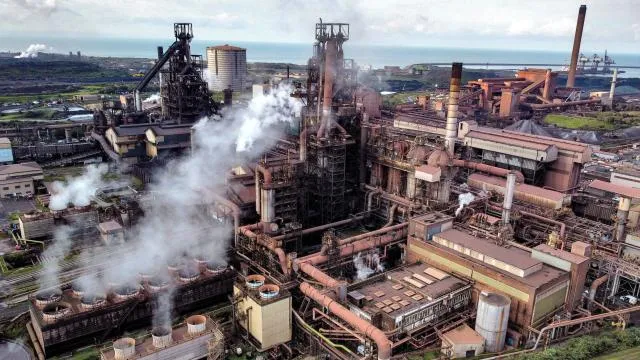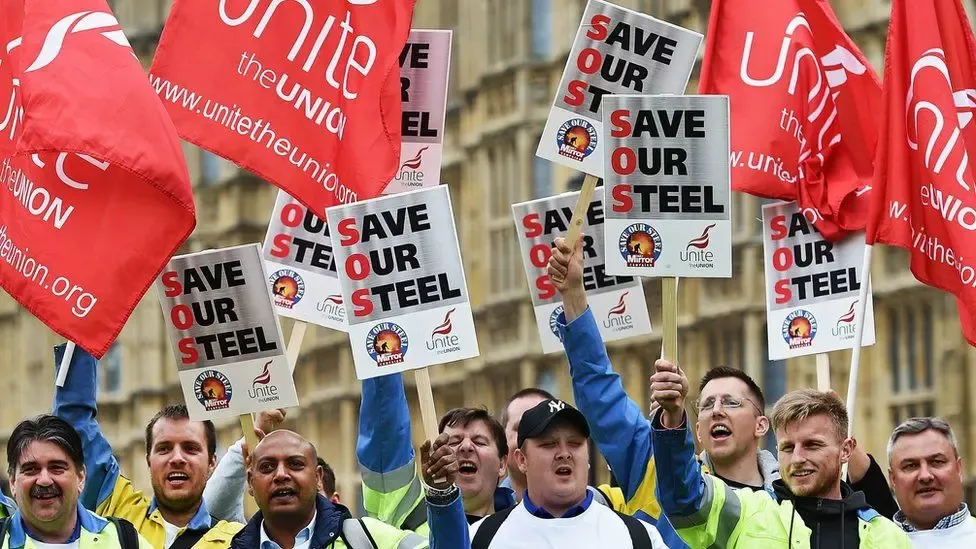On July 8, approximately 1,500 workers from Tata Steel in Britain will initiate an indefinite strike in response to the company’s plans to shutter two blast furnaces and eliminate up to 2,800 jobs, according to an announcement by the trade union Unite on June 21. This move marks the first major strike by British steelworkers in four decades and will occur at Tata’s Port Talbot and Llanwern sites in Wales.

The closures, which were first revealed in January, are part of the Indian conglomerate’s strategy to revitalize its struggling UK operations by transitioning to more environmentally friendly electric arc furnaces. This initiative is supported by a £500 million ($632 million) investment from the UK government.
Sharon Graham, General Secretary of Unite, emphasized the broader implications of the workers’ actions: “Tata’s workers are not just fighting for their jobs – they are fighting for the future of their communities and the future of steel in Wales.”

Tata Steel currently employs over 8,000 people across the UK. The company announced that around 2,500 of the job cuts would likely take place within the next 18 months. Despite extensive negotiations, the looming job losses and operational changes have led to significant unrest among the workforce.
A Tata Steel spokesperson expressed deep disappointment over Unite’s decision to strike, citing the precarious state of their existing steelmaking facilities: “Our current assets are nearing the end of their operational life, are unstable, and are causing unsustainable financial losses of £1 million per day. This necessitates the planned closures at Port Talbot.”

The spokesperson also warned that if the strike compromises operational safety and stability, Tata may be compelled to expedite the closure of the blast furnaces. “After extensive negotiations with our unions, we significantly enhanced our support package for the affected employees – the most generous in our history. We had hoped Unite would present this improved offer to its members, as other unions have accepted.”
Unite’s announcement of the strike has underscored the tensions between the company’s long-term strategic goals and the immediate concerns of its workforce, with profound implications for the steel industry and local communities in Wales.

As the strike date approaches, both sides remain at an impasse, setting the stage for a critical showdown over the future of steelmaking in the UK.
